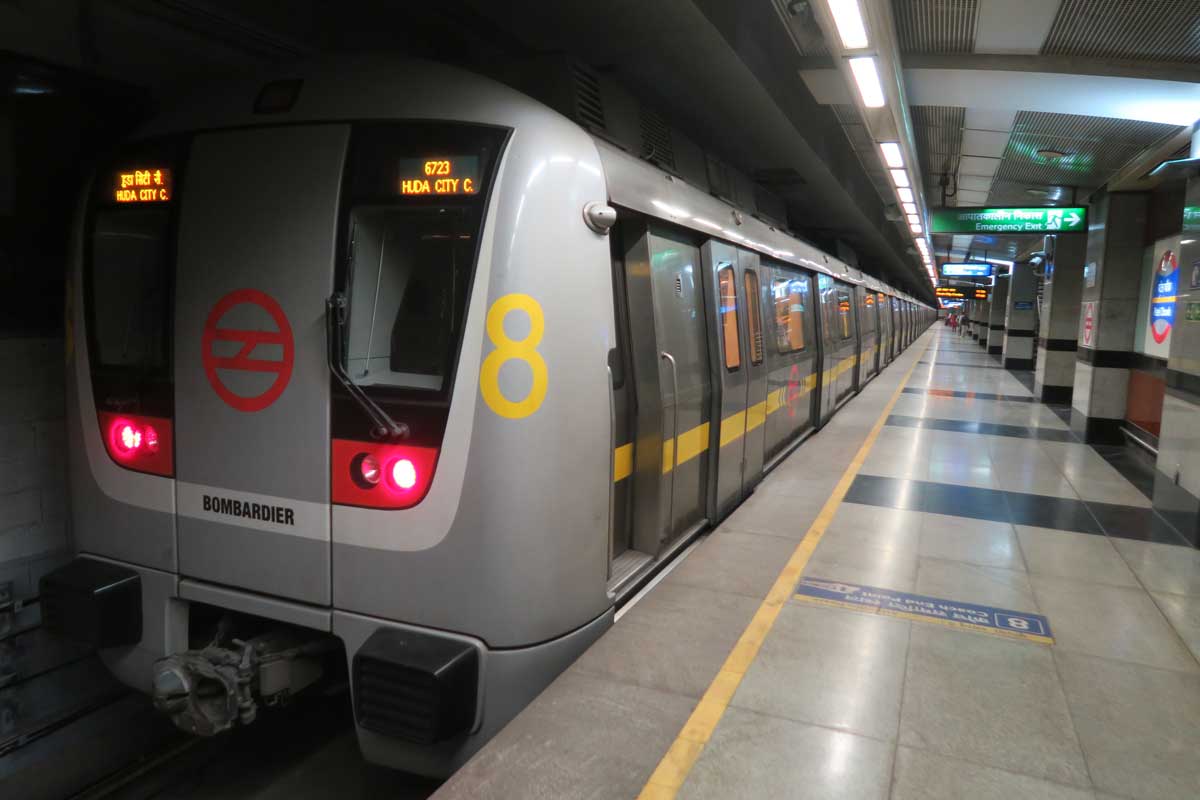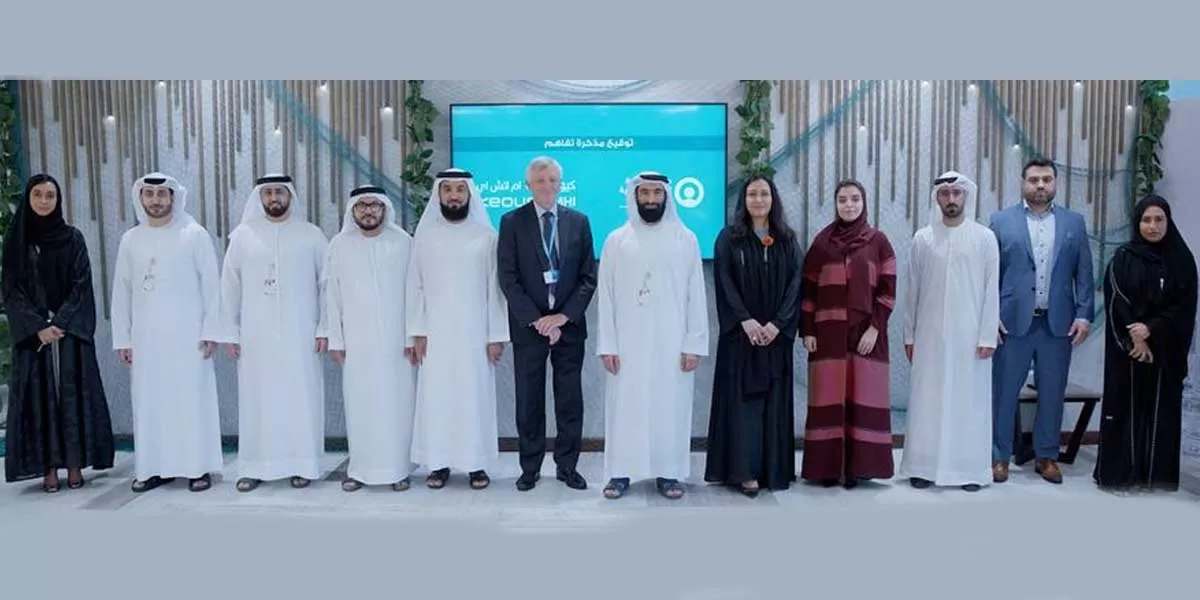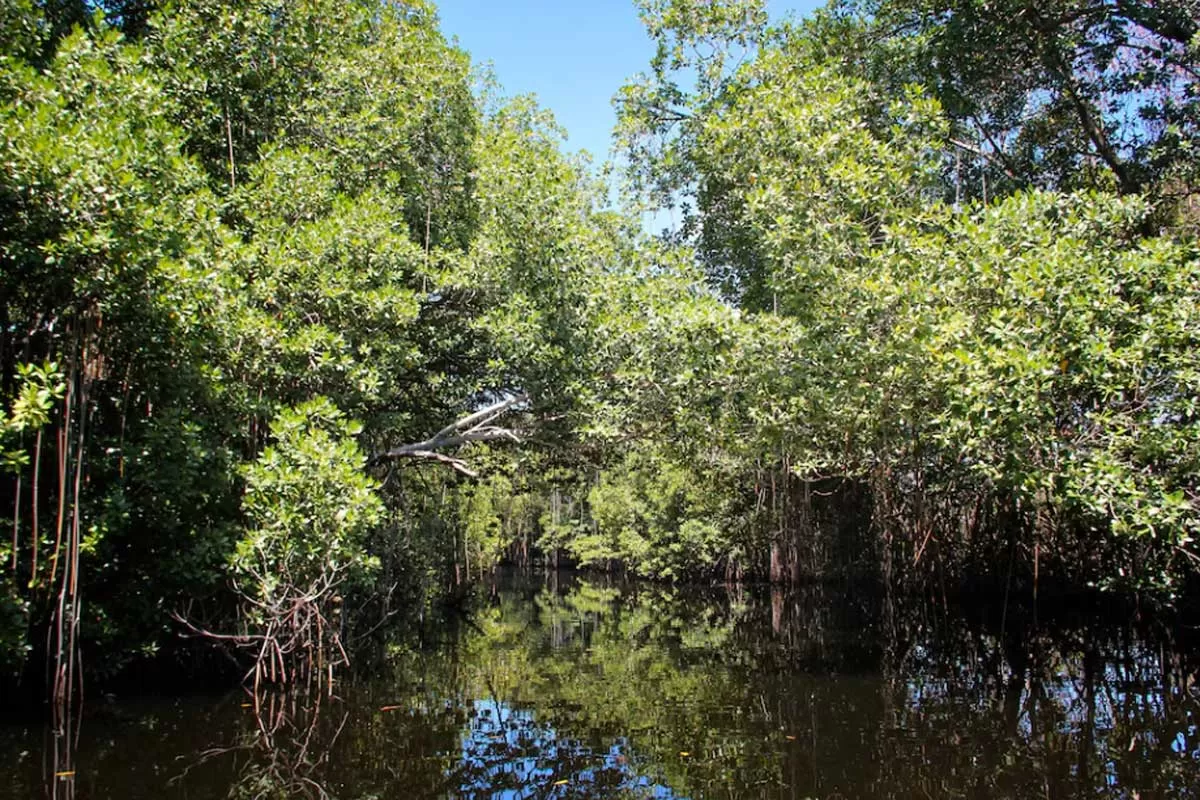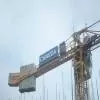
Delhi Metro Phase IV: Janakpuri West to Krishna Park Section to Open by July 2024, Official Confirms

EHRDC, Keolis MHI Enhance National Workforce Training in Transport
The Emirates Human Resources Development Council (EHRDC) has extended its partnership with Keolis MHI, the operator and maintainer of Dubai Metro and Dubai Tram, to provide high-quality training sessions for university students and Higher Colleges of Technology (HCT) students in Dubai. This initiative seeks to equip students with practical skills and empower them to enter the job market with confidence and competence. The collaboration aligns with EHRDC’s unwavering commitment to empowering and qualifying Emirati talent while boosting their role in driving the country’s digital economy. I..

Lubrizol Amplifies India Commitment with Local Technology
To accelerate India-based innovation, Lubrizol announced it will open a state-of-the-art Technology and Innovation Center in Maharashtra. The first of its kind for the company globally, the facility is designed to progress breakthrough innovations, expand collaboration, and enhance speed to market for Lubrizol and the many customers and industries it serves both in the region and globally. The center will empower collaboration across Lubrizol, co-locating lab capabilities and expanding on the success of existing in-region technology Centers of Excellence (COE). The site will also include a Cu..

Parliament Raises Concerns Over Mangrove Restoration Efforts
Mangrove forests in India are found along the coastline of 9 States and 4 Union Territories. Forest Survey of India (FSI), an organization mandated with forest survey under Ministry of Environment Forest and Climate Change (MoEFCC) publishes “India State of Forest Report” (ISFR) biennially. As per recent ISFR 2023, India has a total Mangrove cover of 4,991.68 sq km; which is 0.15 per cent of the country’s total geographical areas. There has been net increase of 363.68 Sq km (7.86 per cent) in Mangrove cover area of the country in 2023 as compared to 2013 and net increase of 509.68 Sq.km..














